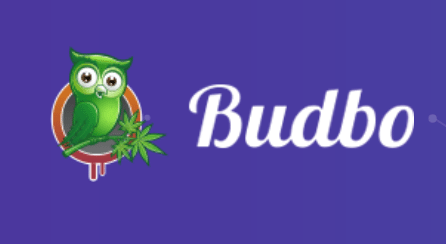Reason to trust

How Our News is Made
Strict editorial policy that focuses on accuracy, relevance, and impartiality
Ad discliamer
Morbi pretium leo et nisl aliquam mollis. Quisque arcu lorem, ultricies quis pellentesque nec, ullamcorper eu odio.
The cannabis industry has cropped up at a rapid pace in US states that have legalized marijuana for medical and recreational use. Over 2,000 marijuana dispensaries carrying over 300 different strains of cannabis now operate across the United States. Despite over $50 billion in annual sales, the market that functioned as an underground ‘pot’ economy until only recently operates more like a ‘chiefing’ stoner, inhaling all the good stuff and not passing it around.
A highly fragmented legalized marijuana market has developed. Although all but a handful of states have legalized marijuana use for medical and recreational use, the patchwork of rules and regulations across states has created an inefficient market. The illegal status of marijuana on the federal level creates more supply chain blockages since the transport, sale, and distribution of marijuana is illegal.
Streamlining this fragmented business on the blockchain could be the best market high the marijuana industry has experienced. The blockchain digital ledger system could help the industry transcend borders by conducting the cannabis business on the more accountable, efficient and transparent digital ledger system.
From Seed to Sale
A more efficient blockchain supply chain would move sales away from the higher risk street market “where product quality and unknown ingredients are a risk,” to the dispensing market. Budbo, a cannabis data analytics provider, estimates over 121,000 dispensaries will be needed to supply the 11 million people making at least one cannabis purchase a month. To accommodate this growth, by developing the cannabis industry’s first blockchain supply chain solution, Budbo plans on streamlining the cannabis supply chain from the grower to the end user.
Budbo has helped streamline the rapidly growing cannabis industry by improving the buyer-seller interface. Its legacy product is a mobile app that allows buyers to identify cannabis products by their preferences, and then locate licensed cannabis suppliers in their area that carry those products. Growers, manufacturers, and dispensaries can leverage this market intelligence through a cloud-based intelligence platform. Benefits include more accurate forecasting, and valuable data to inform which strains to cultivate, and which concentrates and edibles to manufacture. Cannabis consumers who use the app have noted the development of more strain variety and higher quality products nearby.
This ecosystem fills the legal and operational gaps across states with different rules and regulations. Cannabis growers also use the Budbo platform to manage logistics and track shipments via a GPS tracking system. Across this ecosystem, data can be readily shared, enabling Budbo to fulfill its vision of building the data backbone of the cannabis industry. This data will be used in forecasting and understanding preferences in cannabis drug research, regulation, quality control, and marketing.
Accelerating Cannabis Commerce Across Borders
The more efficient supply chain will help close the gap between street prices and dispensary prices. Questionable quality and ingredients pose risks for consumers purchasing marijuana on the black market. Currently, in California—the latest state to legalize weed—where the pricing gap is the largest, dispensary drugs sell for $81 an ounce more on average than street marijuana.
As more people use cannabis products to meet non-recreational needs, the data generated in the Budbo ecosystem will become more valuable in the customer-supply interface. Drug developers can fine-tune products to meet very specific health needs. Dispensaries can ensure cannabis products in demand in their region are in stock. Budbo’s GPS tracking system will ensure cannabis products are distributed in a trackable, timely and efficient manner throughout the supply chain.
The Budbo Token Sale
The Budbo blockchain community is accessible with the Budbo token ($BUBO). The token sale began in January. Purchasing the Budbo token not only gives owners access to the Budbo supply chain but also a vote on the decentralized apps that will be used within the network.



























